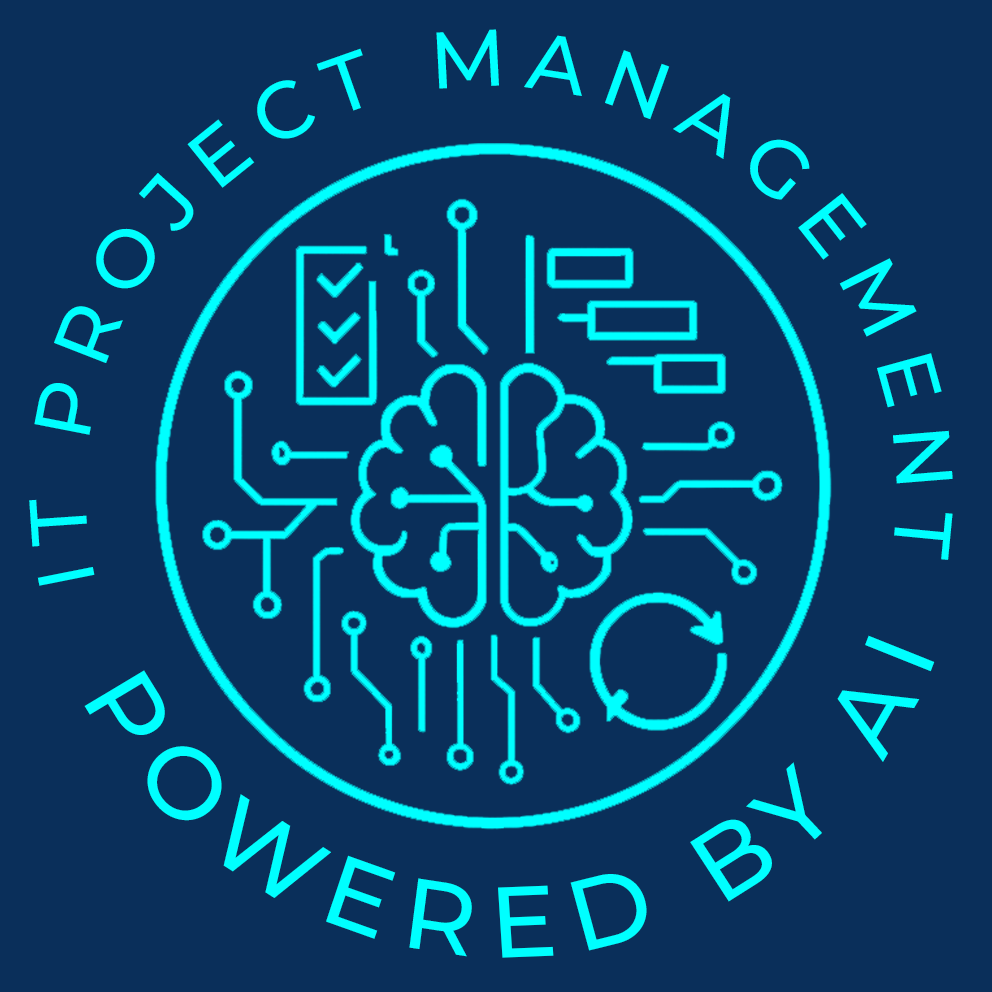For each Knowledge Area, here is how AI can provide concrete help, with ready-to-use prompts you can directly reuse.
I – Integration Management
- How AI helps:
- Generate a complete Project Charter from a given context.
- Assist in writing a coherent Project Management Plan (aligning scope, schedule, cost, etc.).
- Consolidate status reports from multiple sources.
- Detect inconsistencies between deliverables, schedule, and resources.
- Useful prompts:
- "Act as a project manager and generate a clear Project Charter for a cloud migration project with the following stakeholders: [list]."
- "Consolidate this meeting minutes and this progress report into a single one-page project status document."
S – Scope Management
- How AI helps:
- Structure and clarify the WBS (Work Breakdown Structure).
- Check if functional requirements are covered by deliverables.
- Generate traceability matrices.
- Draft or simplify the scope statement.
- Useful prompts:
- "Generate a 3-level WBS for an ERP deployment project."
- "Create a traceability matrix linking these requirements [paste] to the following deliverables [paste]."
S – Schedule Management
- How AI helps:
- Create initial schedules (Gantt, milestones).
- Identify critical paths.
- Generate delay forecasts based on dependencies.
- Simplify schedule explanations for sponsors.
- Useful prompts:
- "Propose a 6-month project plan for a CRM migration, with major milestones and key dependencies."
- "Identify critical tasks in this schedule and suggest acceleration actions."
C – Cost Management
- How AI helps:
- Estimate initial budgets (bottom-up, analogous).
- Track budget deviations and generate Earned Value Reports.
- Compare multiple cost scenarios.
- Useful prompts:
- "Estimate the budget for a 6-month mobile app development project with a 5-person nearshore team."
- "Analyze this budget tracking data and detect variances vs forecasted budget."
Q – Quality Management
- How AI helps:
- Generate quality checklists.
- Propose test plans and acceptance criteria.
- Summarize defect reports.
- Detect trends in defects.
- Useful prompts:
- "Develop a quality plan for a sensitive data migration to the cloud."
- "Create a quality control checklist for the delivery of a responsive website."
R – Resource Management
- How AI helps:
- Optimize resource allocation.
- Detect availability conflicts.
- Generate RACI matrices.
- Draft role descriptions.
- Useful prompts:
- "Create a RACI matrix for an IT helpdesk implementation project."
- "Optimize the allocation of these resources [list] across this project schedule [data]."
C – Communications Management
- How AI helps:
- Adapt communication to the target audience (technical vs sponsor).
- Summarize meetings into action points.
- Generate textual or visual dashboards.
- Prepare project emails or newsletters.
- Useful prompts:
- "Write sponsor-oriented meeting minutes with key decisions and open risks."
- "Create a project communication plan with frequency, channels, and recipients."
R – Risk Management
- How AI helps:
- Generate an initial risk register with risk categories.
- Propose mitigation plans.
- Simulate risk scenarios (qualitative/quantitative).
- Summarize critical risks for sponsors.
- Useful prompts:
- "Create a risk register for an international ERP implementation project."
- "Propose 5 mitigation strategies for this risk: [paste]."
P – Procurement Management
- How AI helps:
- Draft RFPs (Request for Proposal).
- Compare vendor proposals.
- Generate objective evaluation criteria.
- Summarize contracts and key clauses.
- Useful prompts:
- "Draft an RFP for the purchase of a SaaS document management solution."
- "Analyze and compare these 3 vendor proposals based on price, SLA, and support."
S – Stakeholder Management
- How AI helps:
- Identify and classify stakeholders (power, influence, interest).
- Generate personalized engagement plans.
- Adapt messaging to resistant stakeholders.
- Analyze stakeholder sentiment (via emails/feedback).
- Useful prompts:
- "Identify the main stakeholders of an HR digitalization project and classify them in a power/interest matrix."
- "Propose an engagement strategy for a key stakeholder resisting change."



